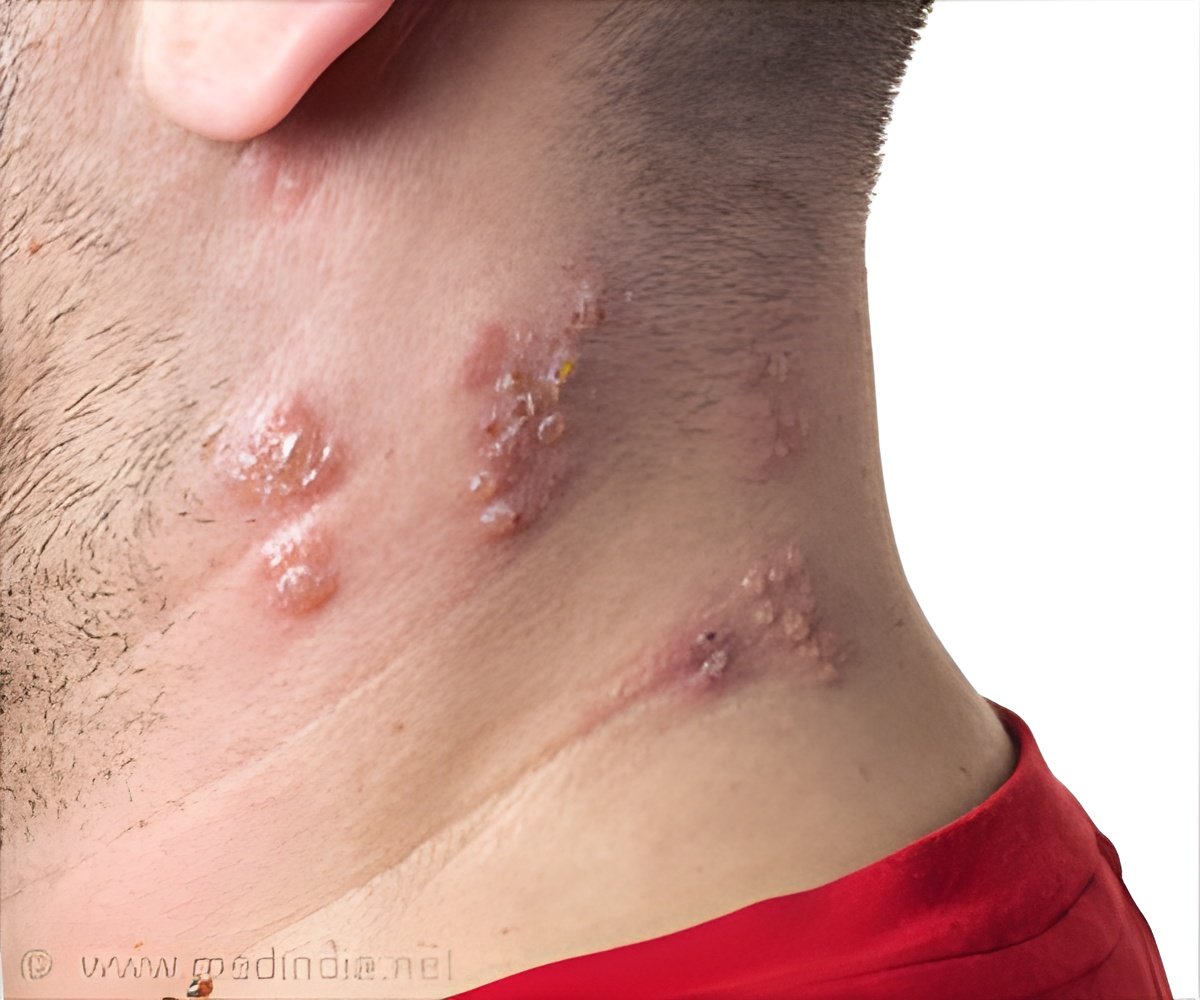The new guidelines provide doctors, nurses and other health practitioners a roadmap for how to identify and treat HS skin disease, which for years has been misdiagnosed or underdiagnosed.

TOP INSIGHT
People with hidradenitis suppurativa, or HS, develop blackheads, painful bumps or large abscesses that develop in the armpits, groin and genital areas and under the breasts.
But the authors caution that the “guidelines are not meant to set a standard of care. Care of a patient with HS is ultimately guided by the physician and patient, with an emphasis on factors unique to individual patients.”
The guidelines are separated into two parts. Part One covers the epidemiology, diagnosis, surgical treatment and pain management strategies. Part Two covers recommended topical medicines, antibiotics and biologic therapies.
Iltefat Hamzavi, M.D., a Henry Ford dermatologist and an international HS expert, and Angela Miller, clinical research manager in dermatology at Henry Ford, helped write the guidelines. Dr. Hamzavi is the director of Henry Ford’s HS clinic, which sees one of the largest HS patient populations in North America.
“This is a significant achievement for medicine and the HS community,” says Dr. Hamzavi, who also serves as president of the HS Foundation. “We’re hopeful these guidelines will decrease time to diagnosis and improve management for those with HS. These guidelines are intended to educate health care professionals, families living with HS and payor groups and help improve the lives of patients with HS. At the same time, more research is needed to better understand this disease and identify better treatments.”
“The impact of HS on a person’s quality of life are significant, stigmatizing and challenging,” Miller says. “These guidelines are an important milestone for HS and represent a collective effort of many people. While the management of HS continues to evolve, there is hope for the future.”
HS severity is classified by a method called Hurley staging. It has three stages, stage III being the most severe.
Numerous comorbidities are associated with HS including metabolic syndrome, a hormonal disorder called polycystic ovary syndrome and inflammatory bowel disease. Mental health treatment is encouraged for patients.
Various surgical options include lasering, excision and deroofing, a tissue-saving technique.
Certain biologic medications and antibiotics are effective treatment options.
A laser hair removal treatment developed at Henry Ford has shown to be effective for treating Hurley stages II and III.
A multidisciplinary team approach is recommended to address all aspects of HS.
Source-Newswise
 MEDINDIA
MEDINDIA




 Email
Email










